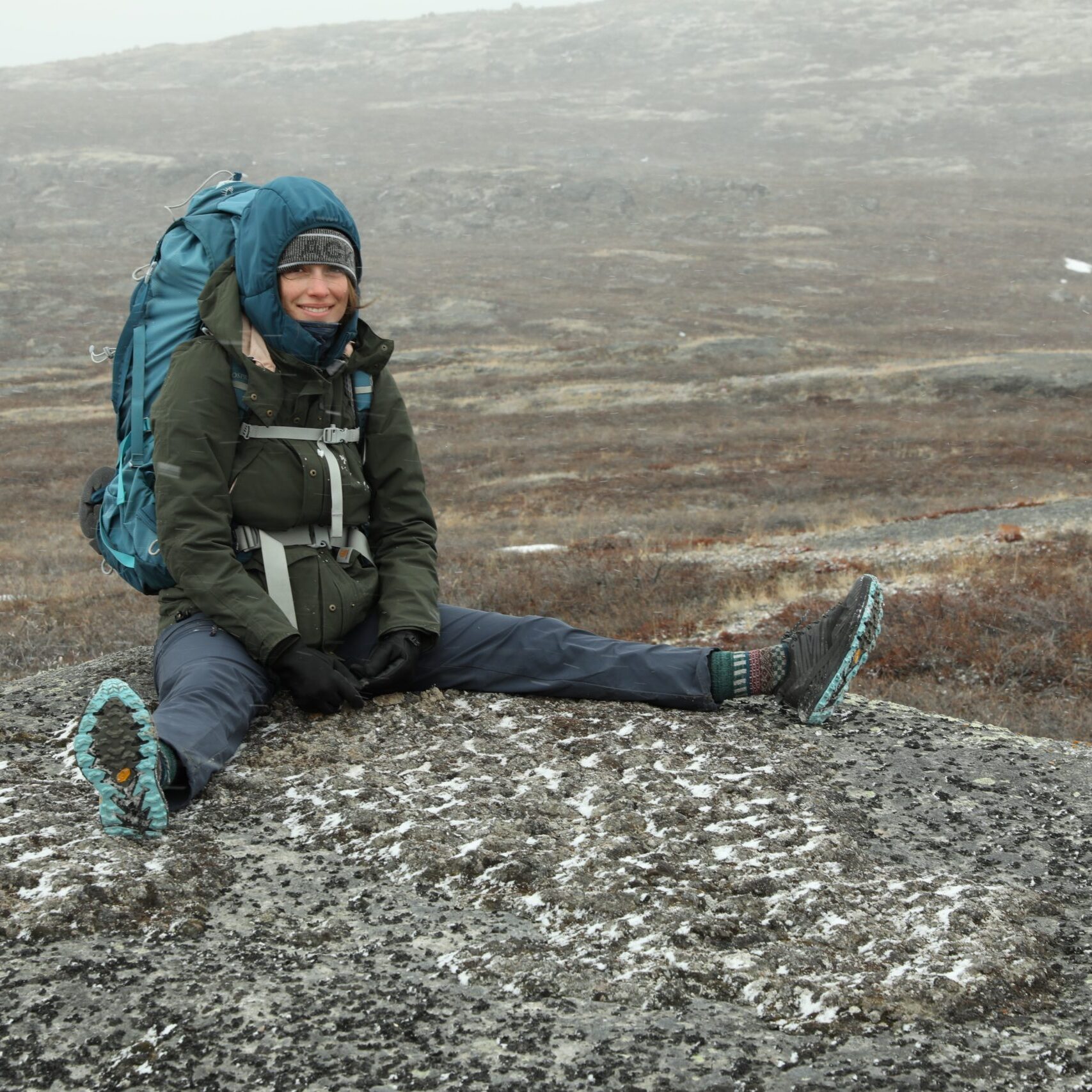
Chelsey Bomar, UF Microbiology and Cell Science
Chelsey earned a bachelor’s degree in Microbiology and cell science from UF, where she is currently working with Dr. Brent Christner as a PhD student. As an undergraduate she worked on the microbial dispersal of bioaerosols during wildfires. Her research interests in Greenland focus on the methanotrophic microbial communities and to elucidate a rate of methane consumption within the glaciated and deglaciated streams.
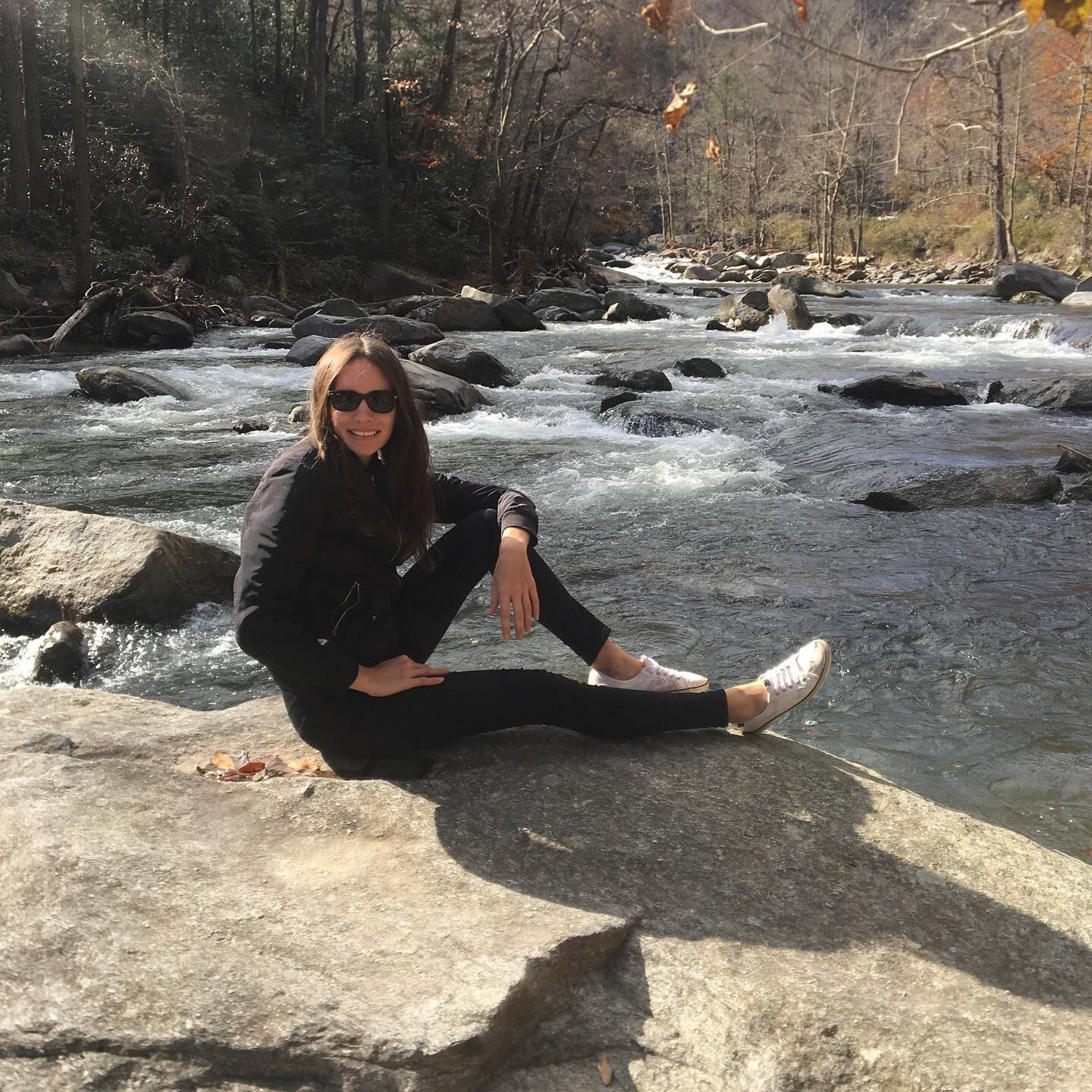
Megan Black, UF Department of Geological Sciences
Water Institute Graduate Fellow
Megan earned bachelor’s and master’s degrees in geography from UF, specializing in geospatial analysis and fluvial geomorphology. She previously served as executive director of the Gainesville-based environmental NGO Current Problems. Her master’s research focused on the post-restoration morphological recovery of the Lower Kissimmee River. Her research interests include hydrology, geology, geomorphology, and geospatial analysis. Her SILA work involves determining landscape contributions to stream chemistry using field samples and remote sensing observations.

Justin Ellena, UF Microbiology and Cell Science
Justin earned his bachelor’s in microbiology and cell science from UF, with a second bachelor’s in music performance. His undergraduate research centered on microbes in the karst regions of the Floridan Aquifer. He is currently working with Dr. Brent Christner toward a Ph.D. in microbiology and cell science. His research will explore the impact of microbial communities on the biogeochemistry of subglacial systems and proglacial rivers.
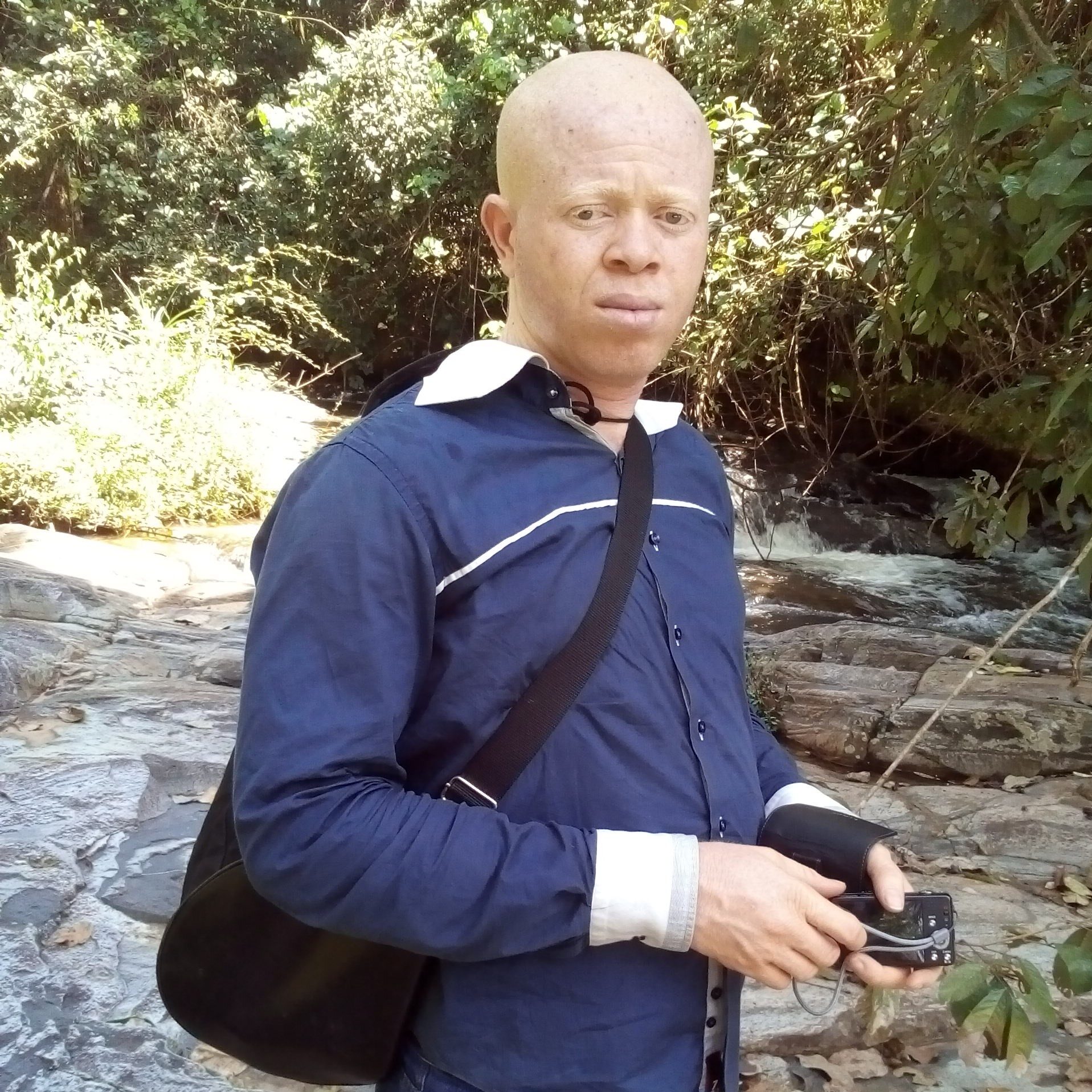
Izuchukwu Ezukanma, UF Department of Biology
Water Institute Graduate Fellow
Izu earned his bachelor’s in botany from Nnamdi Azikiwe University in Nigeria, and a master’s in bryophytes and pollution monitoring from the University of Ibadan. He was a research assistant with the Nigerian Montane Forest Project (Afromontane Research), where he pioneered bryophyte collection at the Ngel Nyaki Forest Reserve. His SILA work examines the role of bryophytes in altering the flow of nutrients across the landscape. He is also interested in the dynamic relationship among people, plants and landscapes in the Arctic and worldwide.
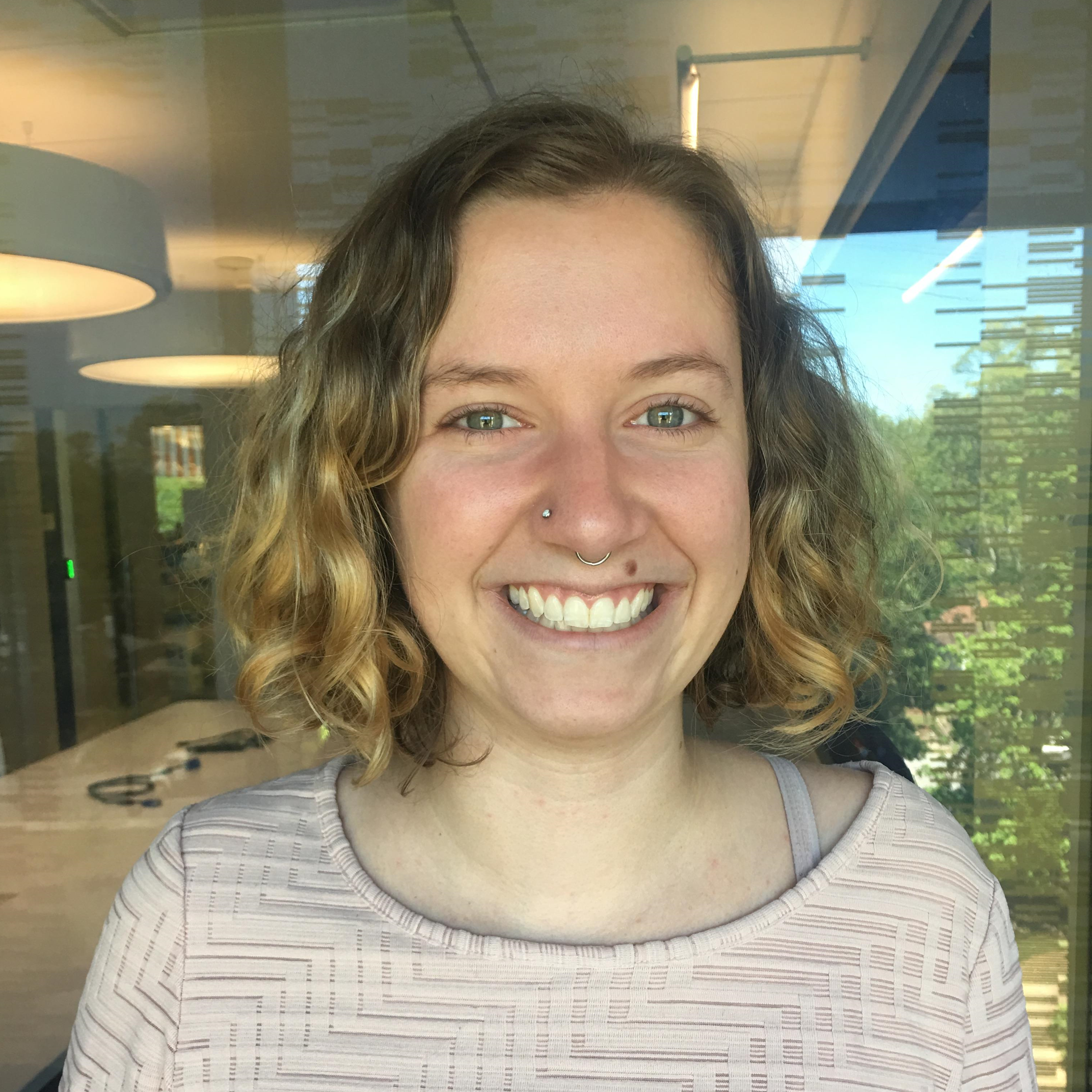
Quincy Faber, UF Microbiology and Cell Science
Water Institute Graduate Fellow
Quincy, who earned her bachelor’s in Biochemistry from Georgia Tech, is a microbiology PhD student interested in the impact of microbial processes on glacial melt and nutrient cycles. She is specifically studying cyanobacteria and algae living in the porous aquifer that exists on the surface of the ice sheet during warmer months. Her objective is to determine how these microorganisms impact nutrient export to streams underneath and near the ice sheet.
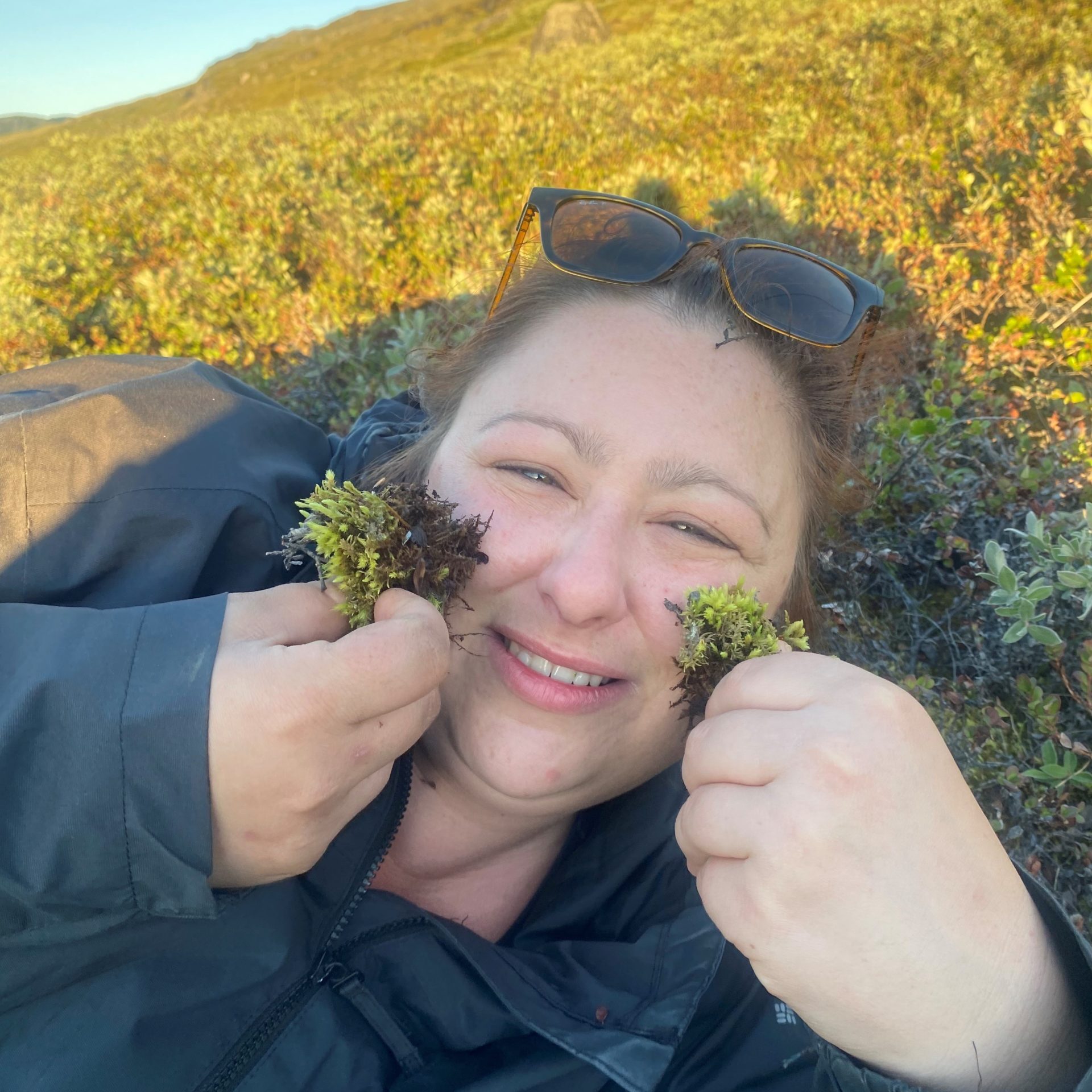
Madison K. Flint, UF Department of Geological Sciences
Madison earned bachelor’s degrees in chemistry and biology from Florida Atlantic University, a master’s in inorganic chemistry from UF and her PhD in Geological Sciences from UF. A Postdoctoral Associate in Dr. Jon Martin’s research group, her interests include investigating nitrogen cycling in the karst Upper Floridan Aquifer, particularly nitrous oxide (N2O) production, consumption and emissions from Florida’s springs and rivers. Madison will investigate similar biogeochemical transformations in the SILA project, focusing on understanding greenhouse gas cycling and fluxes from deglaciated and glaciated landscapes.
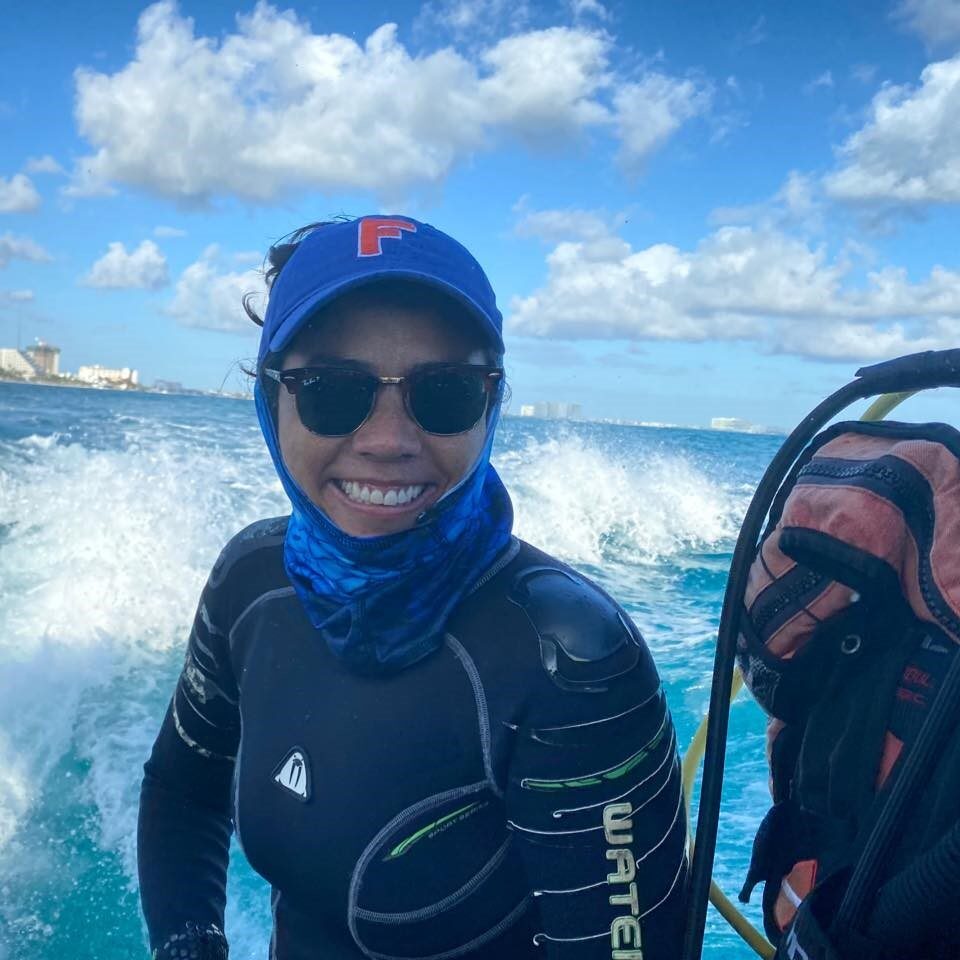
Fernanda Gastelu, UF Engineering School of Sustainable Infrastructure & Environment
Water Institute Graduate Fellow
Fernanda earned a bachelor’s in Earth sciences from Universidad Nacional Autónoma de México and a master’s in water sciences from Centro de Investigación Científica de Yucatán, both in Mexico. Her research focused on understanding the coastal karst aquifer in the northeast Yucatan Peninsula, collecting and analyzing data from the water table, ocean waves, atmospheric pressure and a geophysics (ERT) model to understand the interaction between coastal and groundwater flow in the area. She worked with the United Nations Development Program at Nichupte Lagoon in Cancun before entering her doctoral program at UF, where she will be working with Dr. Valle-Levinson on the variability of fjord circulation in Greenland.
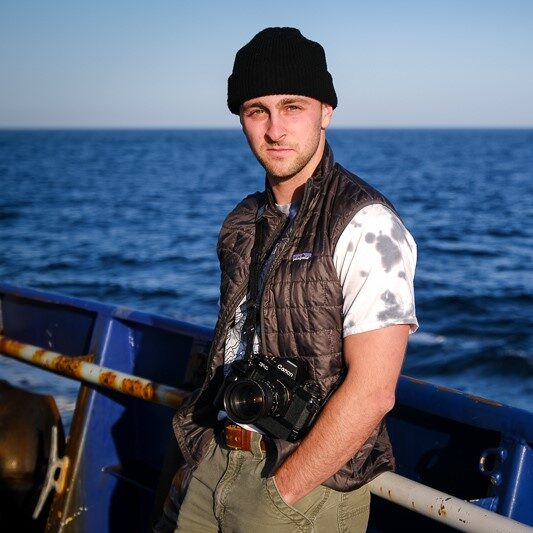
James Kowalski, UF Department of Geological Sciences
James earned his bachelor’s in environmental geoscience from the University of Utah and now is working with Dr. Rob Hatfield toward his master’s in geological sciences. He is interested in the suspended sediment load being discharged from the Greenland ice sheet. He plans to trap sediment in major rivers draining the ice sheet and study the magnetic grains derived from the multiple rock terranes of Greenland.
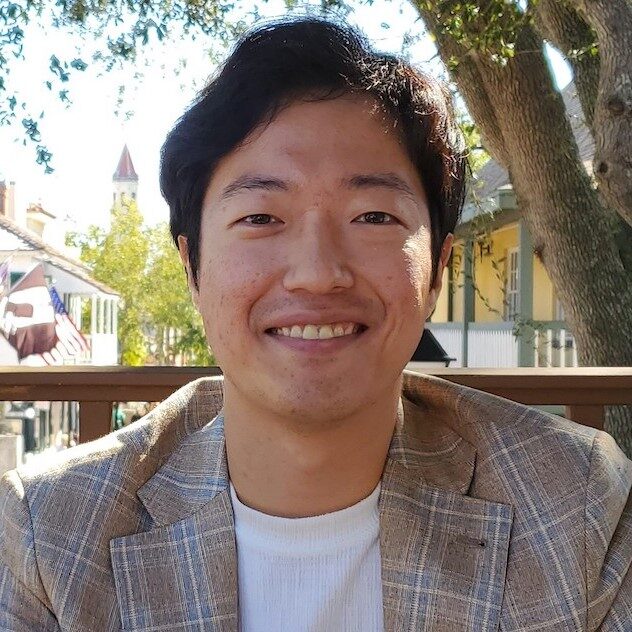
Jaehyeon Lee, UF Department of Soil, Water, and Ecosystem Sciences
Water Institute Graduate Fellow
Jaehyeon earned his bachelor’s and master’s degrees in civil engineering from Hongik University in Korea. His master’s research focused on understanding the hydrologic cycle using land surface modeling, improving its accuracy through data assimilation. Working with Dr. Jim Jawitz, Jaehyeon seeks to understand how climate variability affects water balance, water quality, and human society and the economy. On the SILA project he will explore how seasonal climate variability in Greenland impacts on water budget components and stream solute concentrations.
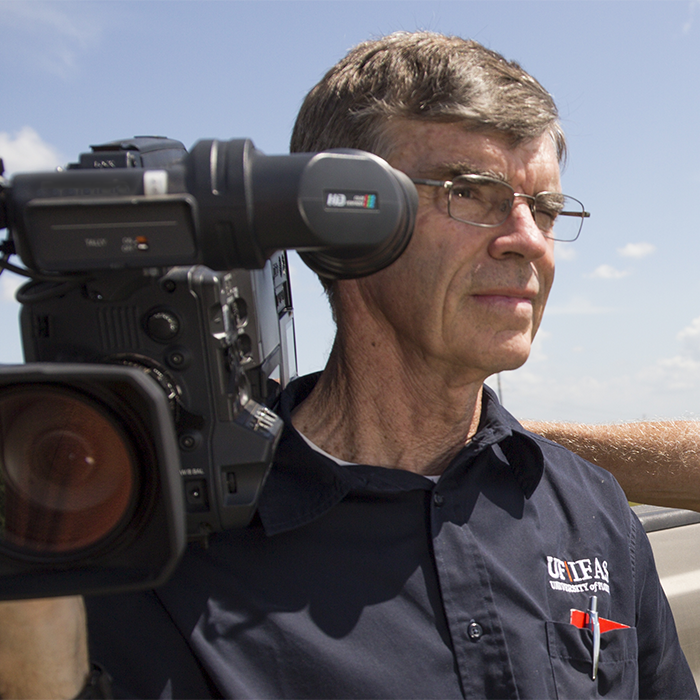
Michael Munroe, UF College of Journalism and Communications
Water Institute Graduate Fellow
Michael earned his bachelor’s in psychology and broadcasting from UF, and his master’s in instructional technology from the University of Miami. His previous work focused on video productions related to agriculture, health, science education and transportation, including more than 70 interdisciplinary workshops at the Aspen Global Change Institute. As a mass communications PhD student on the SILA project, Michael will explore best practices for communicating the science of climate change. He will work closely with fellow team-members to convey the significance of their Greenland research to policy makers and public audiences.
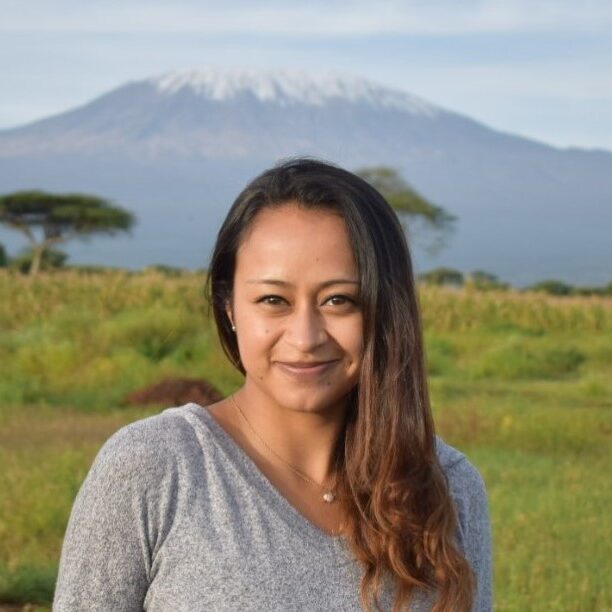
Tatiana Salinas, UF Department of Geological Sciences
Tatiana is a geologist interested in geochemistry and hydrogeology. Her master’s research focused on the use of rare earth element patterns on groundwater to delineate the flow paths from analyses of water-rock interactions. On the SILA project, Tatiana will be working to analyze and interpret radiogenic isotopes and major and trace elements in water and sediments, and their relationship with weathering processes on environments related to the ice sheet retreat.

Yuseung Shin, UF School of Natural Resources and Environment
Water Institute Graduate Fellow
Yuseung earned his bachelor’s degree from Korea University in environmental science and master’s from Seoul National University in biogeochemistry. He is a biogeochemist and stream ecologist interested in carbon dynamics in flowing waters. His research objective is to understand how biological carbon processings, photosynthesis and respiration, in streams are driven by abiotic factors. In Greenland, he will study metabolic processes in streams and how they are affected by nutrient availability.
PAST STUDENTS
- Emily An, Undergraduate, UF Marine Sciences
